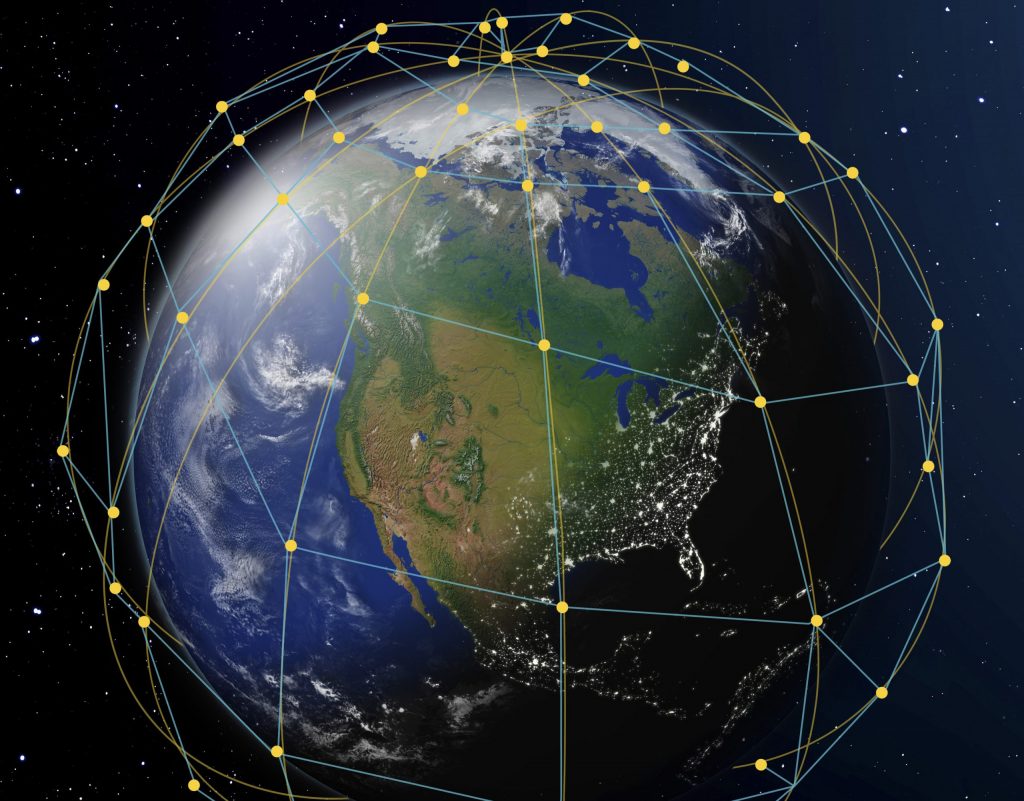FCC: “LEO constellations must cover everywhere”
July 3, 2024
By Chris Forrester

The Federal Communications Commission (FCC) has issued a reality check to its fellow-regulators around the world saying that low Earth orbiting (LEO) satellites beaming broadband signals cannot switch their transmissions off when passing over an unfriendly nation.
The FCC response followed a complaint from Iran’s Ministry of Information and Communications Technology about alleged illegal Starlink receivers operating within Iran.
The complaint ended up on the desk of the FCC’s Radio Regulations Board (RRB) which then formally asked the FCC, the International Telecommunications Union (ITU) in Geneva and Norway’s Communications Authority which looks after Starlink’s regulatory affairs at the ITU, and whether it was possible to force Starlink to cease transmissions over countries like Iran.
The FCC’s response to the RRB was unambiguous, saying: “For global constellations, it is neither required nor practicable to turn off satellite beams over a given geographic area. Disabling satellite beams over a country can affect operations in other countries.”
The FCC added that it believed SpaceX and Starlink had taken all reasonable and practicable steps to ensure that its terminals are not offered within the territories of the administration in question, noting: “What is being asked here is to help an administration find ways to render electronic devices useless within its territories so that there will be no incentive to smuggle them into its borders.”
The FCC placed the argument back with the complaining nation, saying it was up to member states to control its borders and enforce its own laws, but this was not a matter for the FCC or ITU.
